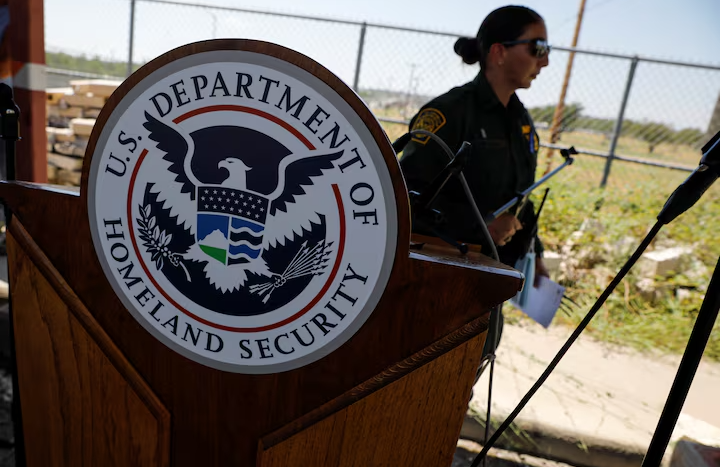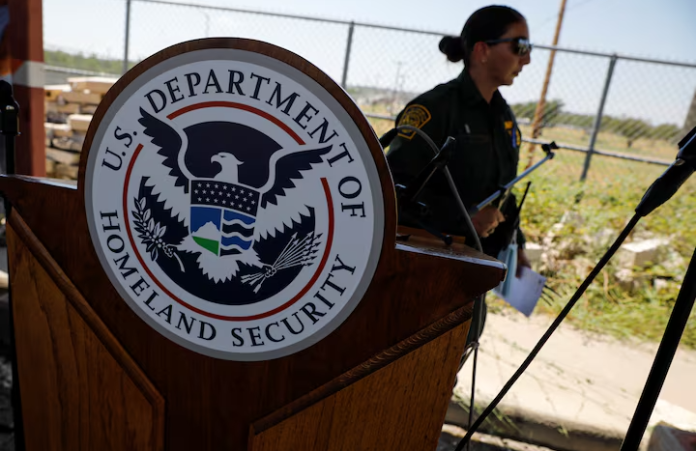A federal judge has temporarily blocked the deportation of Badar Khan Suri, an Indian postdoctoral fellow at Georgetown University, following allegations that he has ties to Hamas.
The U.S. Department of Homeland Security (DHS) had ordered his removal, claiming he spread Hamas propaganda and antisemitic rhetoric. However, his legal team argues that the charges are politically motivated, targeting him for his pro-Palestinian stance and his wife’s Palestinian heritage.
Court Blocks Immediate Deportation
Judge Patricia Giles issued the emergency order on Thursday, preventing Suri’s deportation until further court proceedings. His lawyer welcomed the decision, calling it “the first bit of due process Dr. Khan Suri has received since being taken from his family.”
Suri, who is married to an American citizen, was arrested outside his home in Rosslyn, Virginia, and has since been moved between several immigration detention centers before landing in Alexandria, Louisiana. He is currently awaiting a court hearing to determine his fate.
DHS Accusations vs. Defense Claims
According to DHS, Secretary of State Marco Rubio determined on March 15 that Suri could be deported due to alleged connections with Hamas. Authorities claim he promoted pro-Hamas narratives online, though no concrete evidence has been publicly disclosed.
Suri’s legal team, along with the American Civil Liberties Union (ACLU), argues that he is being unfairly targeted. His wife, Mapheze Saleh, a U.S. citizen from Gaza, has written for Al Jazeera and Palestinian media outlets. Some reports suggest that her father, Ahmed Yousef, was once a political adviser to Hamas. However, Suri’s defenders maintain that there is no direct link between him and any militant group.
Trump Administration’s Crackdown on Pro-Palestinian Protesters
Suri’s case is part of a broader immigration crackdown under President Donald Trump’s administration, which has sought to deport foreign nationals involved in pro-Palestinian protests. Earlier this month, authorities arrested Columbia University student Mahmoud Khalil under similar allegations. His legal team insists that he has no ties to Hamas, calling the accusations baseless.

Trump has repeatedly claimed, without evidence, that pro-Palestinian demonstrations in the U.S. are fueled by antisemitism and foreign influence. His administration’s aggressive stance has drawn criticism from civil rights groups, who argue that these measures suppress free speech and unfairly target individuals based on their political beliefs.
What Happens Next?
The court’s temporary ruling prevents Suri’s immediate deportation, but his legal battle is far from over. His case will now proceed through immigration courts, where he will challenge the DHS’s claims and fight to remain in the United States.
As the controversy unfolds, critics warn that the Trump administration’s policies could set a dangerous precedent, allowing the government to expel individuals based on political expression rather than actual security threats.



